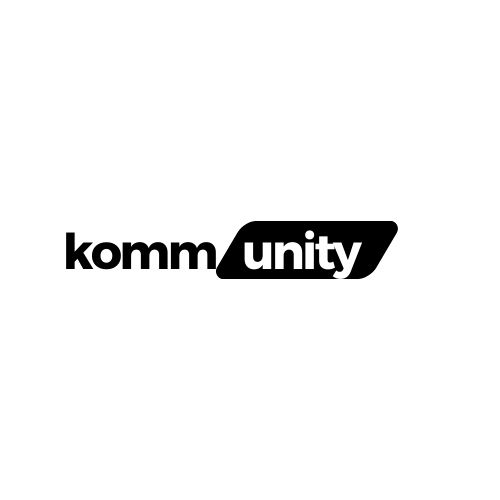marketing agency fostering growth
Kommunity formerly known as Q Hubo News is a marketing solutions agency fostering growth for our clients through our wide range of services.
About Kommunity
Q Hubo News now known as Kommunity was founded in 2020. Our team of passionate professionals is dedicated to exceeding expectations and building strong relationships with our clients. We believe in the power of a strong online presence and offer a variety of services to help businesses thrive in the 21st century. From crafting visually appealing and easy-to-navigate websites to hosting engaging networking events, we will help you find a solution for your business needs.

Our Services
PPC ADS
We can set up your ads for you by using best industry practices. Setting ads is the easy part, our expertise focuses on the creative side of developing your campaign, let’s discuss your needs with PPC ads. Clients pay for ads to the advertising channel separately.
Email Marketing / Copywritting
We leverage your built audiences to help you generate new revenue by writing compelling emails, setting up automated campaigns, overall creating new opportunities for you to take advantage of your business owned audience to grow new opportunities to connect in a deeper level using email marketing campaigns.
English to Spanish Translations & Voice Overs
If you are in need of reliable English to Spanish translation services, we are the team for you! We have done countless projects and can deliver to you within 24 hours! If you need a voice over in Spanish we can do that too! Contact us to learn more about our service.
Website Design / Hosting
Experience seamless digital journeys with our website design services. We blend aesthetics with functionality to create visually stunning and user-friendly websites that not only capture attention but also provide a smooth and intuitive navigation experience, ultimately converting visitors into customers.
Social Media
Maximize your online presence and engagement through our social media services. We curate and implement tailored strategies across platforms, fostering meaningful connections with your audience, increasing brand visibility, and driving impactful conversations that convert followers into loyal customers.
Commercial Real Estate
If you are looking for commercial real estate and need help finding a location, we can help! We have the network to help you find the “home” for your business . We will work with you from beginning to end to help you find the commercial real estate property of your dreams.
Graphic Design
Transform your ideas into visually compelling stories with our graphic design expertise. From eye-catching logos to captivating marketing collateral, our skilled designers bring concepts to life, ensuring your brand communicates effectively and leaves a memorable visual impact.
Events & Workshops
We host free and paid educational workshops and networking meet ups. We want to expose other business owners with the foundations of marketing while also providing them with the opportunity to network and grow their business with in person and online live meetings. We can help you do the same!
Book our Services Now
We offer a free initial consultation to help us identify how we can help you and provide the best solution suited for your business and with your budget. Book a meeting and let’s have a discovery call to learn if we are a good fit for each other.
Our Track record
We have successfully finished more than a 100 projects for our clients ranging from graphic design, translation projects and all the way to social media marketing campaigns that have driven revenue and new business opportunities for our clients.
NEWS & RESOURCES
Another awesome case study from our clients at the Mexican Cultural Center Philadelphia
The issue: After conducting a thorough analysis of their website, we noticed that its construction was so prohibitive that even simple edits would cause the website to crash. After extensive back-and-forth discussions to find a solution, we proposed building a completely new website that would truly meet their expectations.
VISIT US
Does Kommunity accept credit cards?
What areas does Kommunity serve?
What is the best Marketing Consultant in Philadelphia?
What products or services does Kommunity offer?
What are the hours of operation for Kommunity?
Tue: 9:00 AM to 5:00 PM
Wed: 9:00 AM to 5:00 PM
Thu: 9:00 AM to 5:00 PM
Fri: 9:00 AM to 5:00 PM
Sat: Closed
Sun: Closed